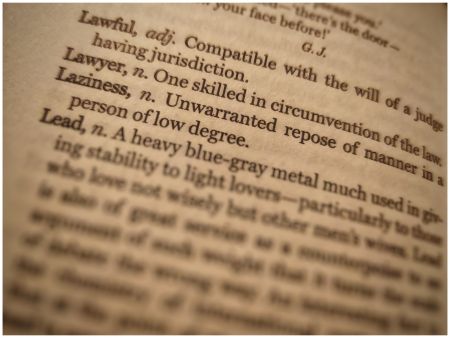Limited liability company
|
|
Limited liability company (n.)
A grand metaphysical fiction on which much of post-enlightenment western civilization — or the utter ruination of the aforesaid, depending on your disposition — depends. Originally known as “joint stock companies”, LLCs are demure creatures, usually hidden behind a corporate veil.
While walking in the Cayman Islands during a biological expedition in 1926, glum Scottish naturalist A. J. N. Calder discovered an animal very like the ellellcie in a forest not far from George Town, Grand Cayman. This creature (which, for reasons best known to himself, he originally dubbed the “shelfco”) turned out to be a an espievie - a rather remarkable adaptation of the ellellcie native to the islands of the British West Indies.
The espievie is thought to have evolved from an ellellcie that was washed overboard as the Mayflower passed the Caribbean on its way to Cape Cod, but it had in the ensuing three hundred years adapted so totally to its new environment that it was almost unrecognisable as an ellellcie.
Though Caribbean in origin, espievies have proven hardy in many different climes, flourishing in tax-advantaged locations as diverse as Madeira, the Channel Islands, Luxembourg, Malta, Delaware and The Cook Islands.
Despite repeated efforts scientists and financial engineers have been unable to successfully merge or consolidate an espievie with a traditional ellellcie and the prevailing orthodoxy today has it that they are now entirely distinct genii of legal personality.
See also
Important disclaimer: The author has never been to the Cayman Islands, and he’s hardly going to get an invitation now. There is, therefore, much fantastical speculation in this article and you should assume it is, at the very least, mostly false.
